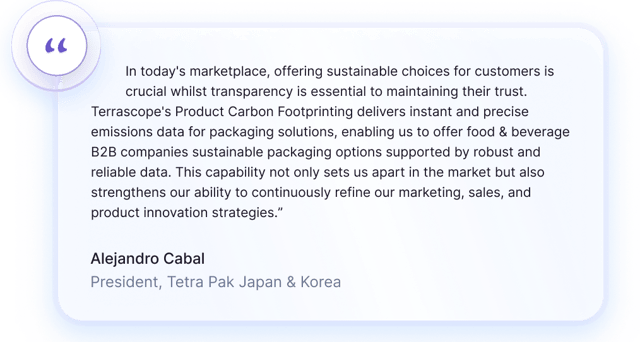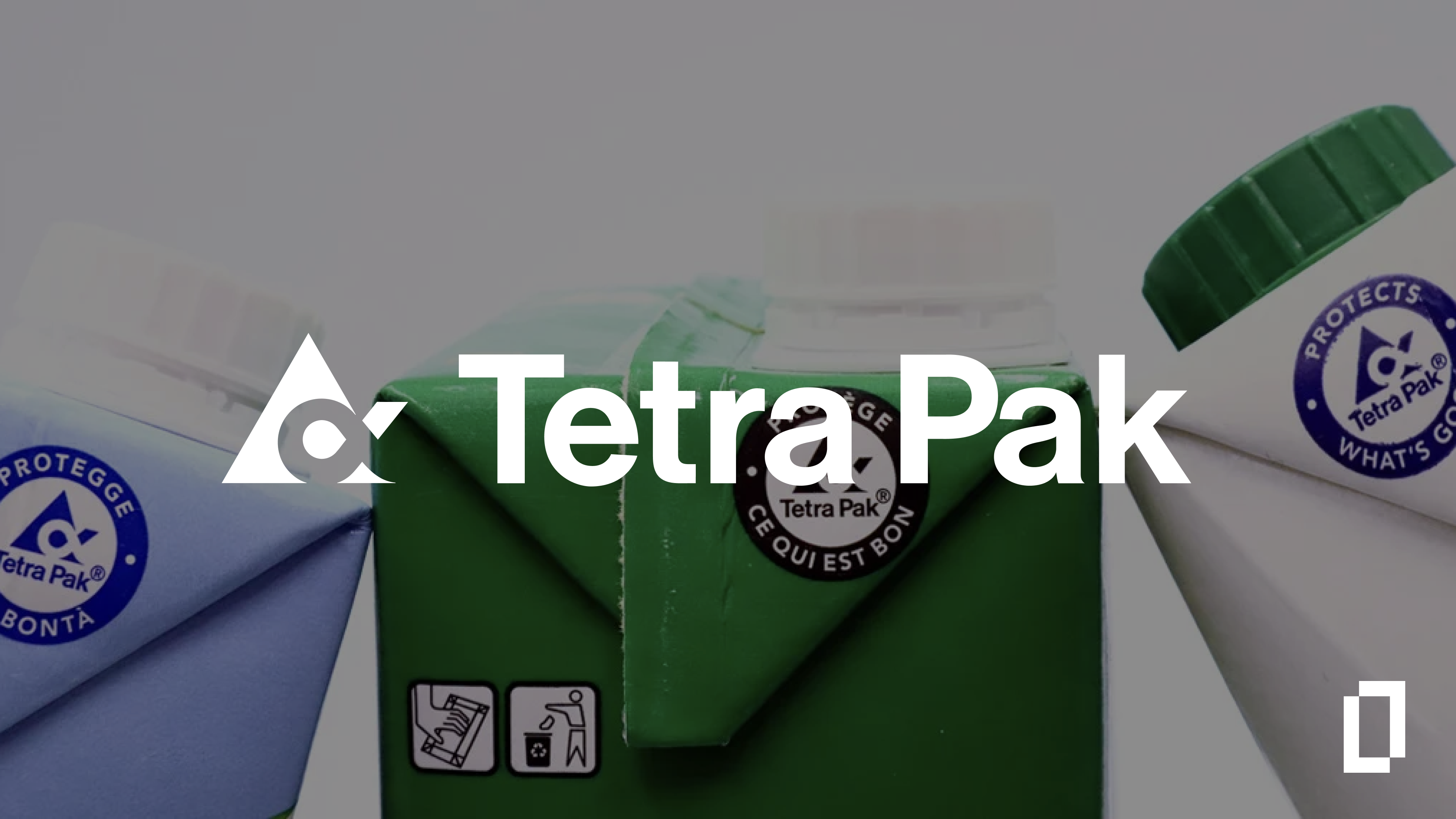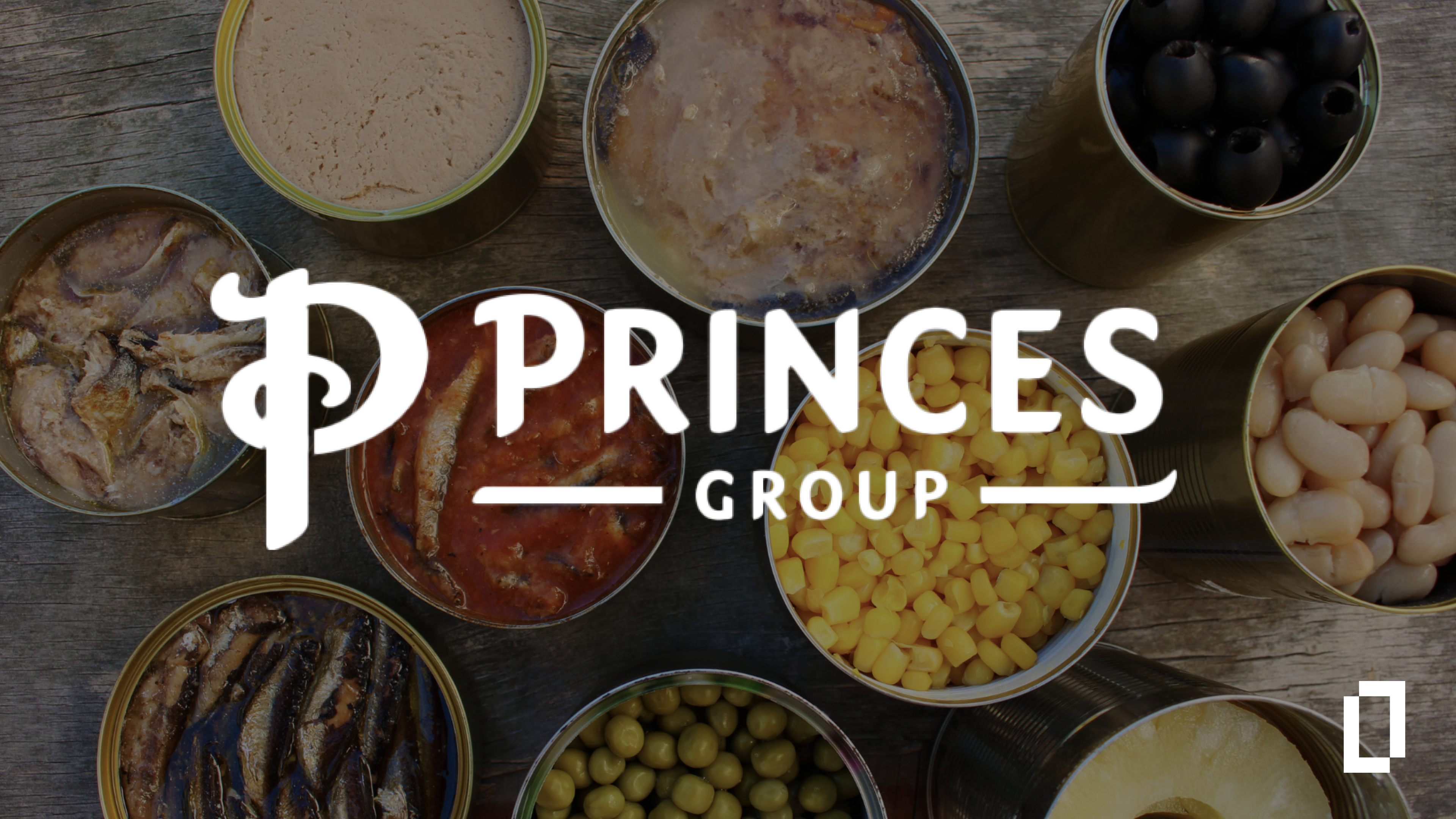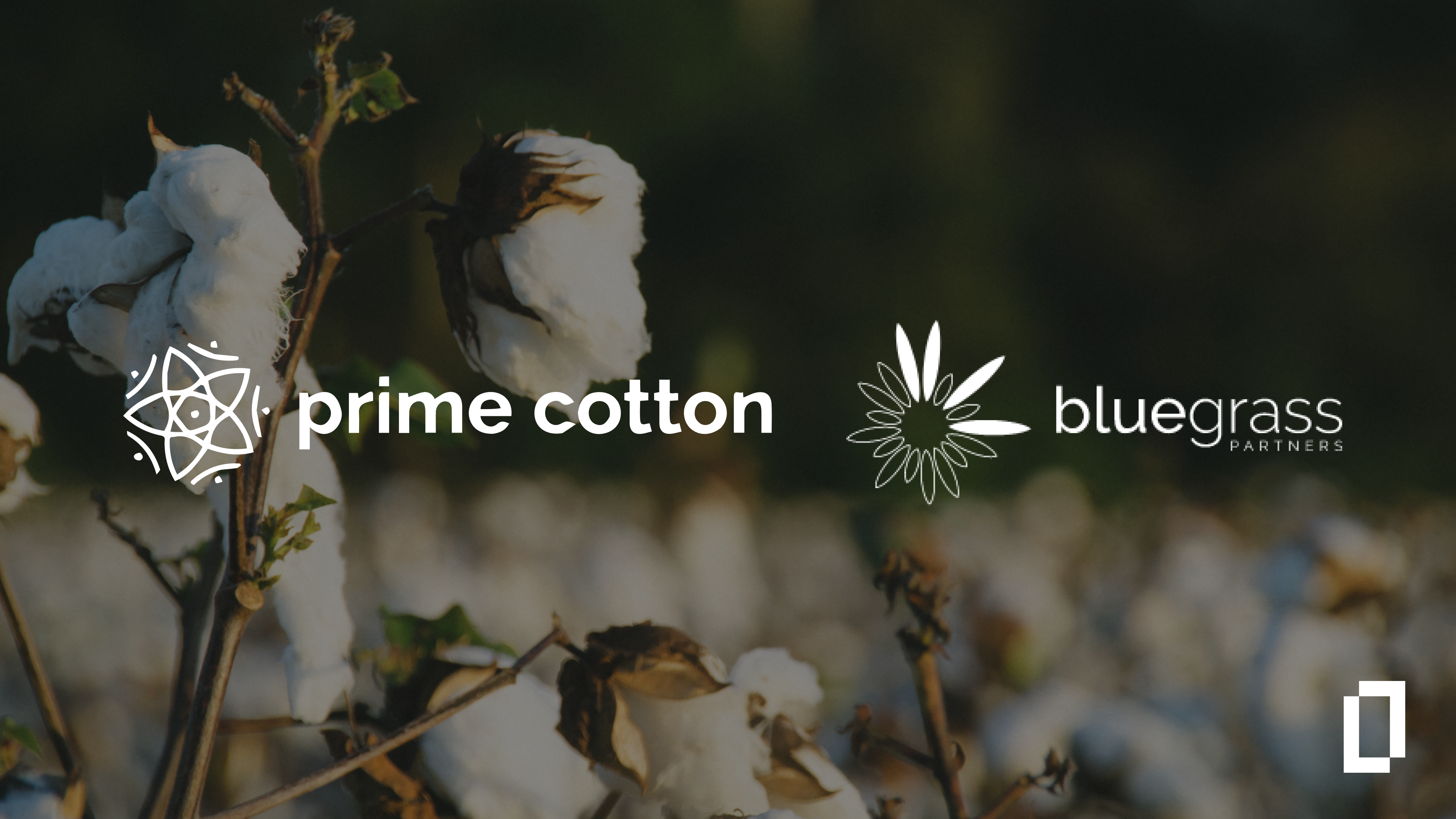PRODUCT IMPLEMENTED
Product Carbon Footprinting (PCF)
INDUSTRY
Food and Beverage Processing & Packaging
HQ
Tokyo, Japan
- Granular product carbon footprints for 16 SKUs in one month
- Detailed benchmarks comparing Tetra Pak SKUs to alternative packaging in the same category, revealing emissions reductions of up to 88%
- Accelerated Tetra Pak’s sustainable innovation journey by equipping their customers with data to develop a more sustainable packaging mix
About Tetra Pak
Tetra Pak is a world leading food processing and packaging solutions company, renowned for its safe and innovative offerings servicing the food and beverage industry across more than 160 countries.
Central to Tetra Pak's mission is a dedication to delivering environmentally responsible packaging that meets the daily needs of millions worldwide.
Their vision extends to spearheading sustainability within the food and beverage sector, striving towards a future where packaging is exclusively crafted from plant-based, recycled, and responsibly sourced materials, all while maintaining uncompromised quality and safety standards.
With a strong commitment to empowering customers to enhance their sustainability efforts and reduce their carbon footprint, Tetra Pak offers a range of sustainable packaging solutions. To showcase their commitment to sustainability and quantify their environmental impact to customers, Tetra Pak partnered with Terrascope.
The Challenge
Understanding the sustainability positioning of Tetra Pak products within other alternative packaging is key for Tetra Pak. However, Tetra Pak was experiencing challenges in delivering the packaging Life Cycle Assessments (LCAs), with long delivery lead times, resource intensive processes and high costs.

The Terrascope Solution
Partnering with Terrascope, Tetra Pak undertook a comprehensive assessment of their packaging portfolio using cradle-to-gate product carbon footprinting (PCF) – unlocking value in three ways:
01.
Operational Efficiency
Terrascope’s deep expertise in food & agriculture value chains expedited Tetra Pak’s PCF process, swiftly generating detailed emissions footprints for 16 SKUs in just one month. This rapid turnaround contrasts sharply with traditional LCAs, which typically take several months for a single product at an average cost of $300K USD – achieving 98% time savings*.
Even without primary data, Terrascope’s PCF solution provides rapid and robust estimates of product-level emissions, enabling Tetra Pak to continuously adapt its sales, marketing and product innovation strategies. Terrascope’s PCF approach delivers results equivalent to 70% of traditional LCAs, striking a balance between accuracy and speed.

02.
Enhancing brand reputation
Thanks to Terrascope, Tetra Pak was able to establish that 15 out of their 16 SKUs had a lower emissions footprint, ranging from 2% to 88% compared to industry standard packaging. With this evidence, Tetra Pak can engage its prospects and customers more effectively, using verifiable product-level emissions data in business discussions to bolster its reputation as a sustainable packaging provider.

03.
Building new revenue streams & optimising decarbonisation investments
By offering Tetra Pak the capability to quickly measure the carbon footprint of their products and compare them with alternative packaging options, Terrascope is accelerating the company’s green innovation efforts.
With concrete data showcasing the environmental profile of its packaging solutions, Tetra Pak can attract new customers and strengthen relationships with existing clients who prioritise sustainability in their supply chains.
Terrascope’s analysis also quantified emissions reductions achievable by scaling bioplastics in Tetra Pak’s packaging vs alternative packages. This will help guide future product development and innovation, maximising environmental benefits and return on investment.


